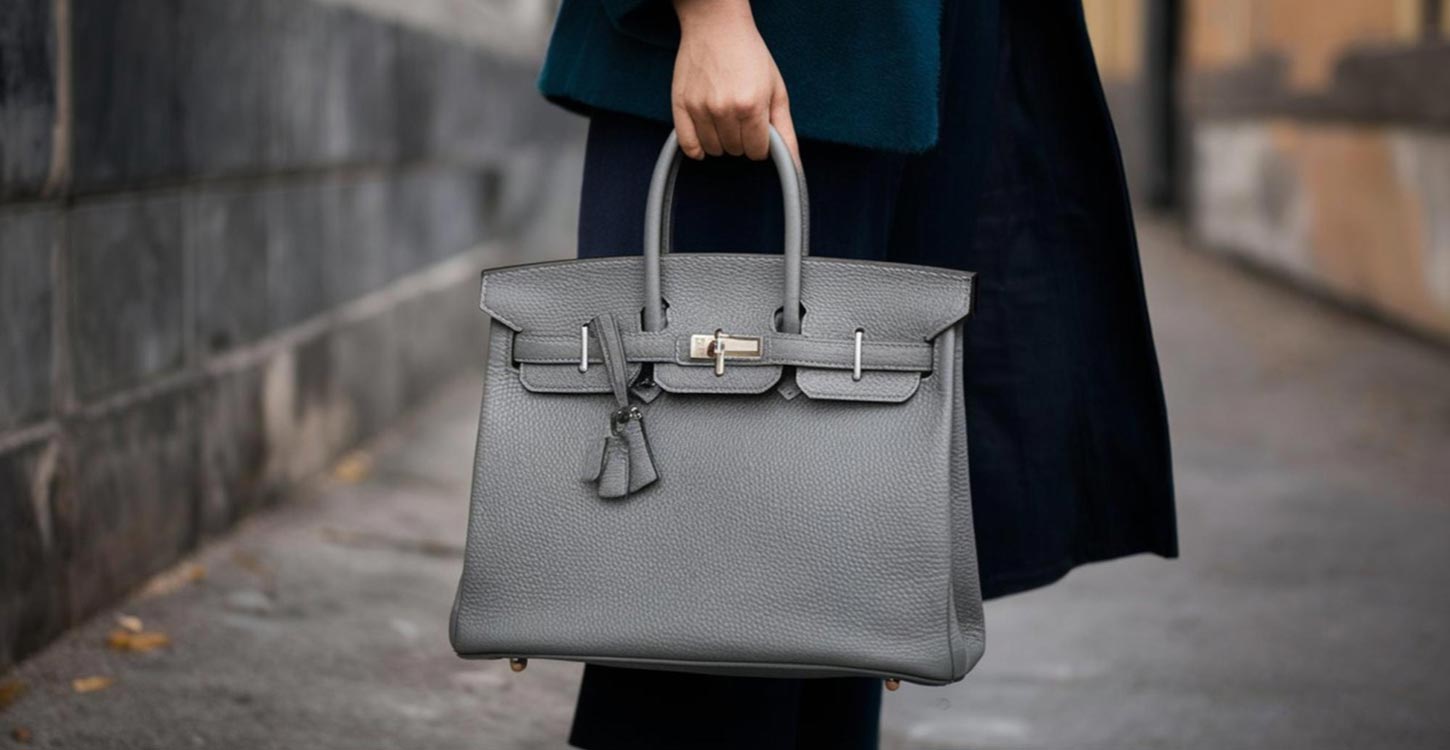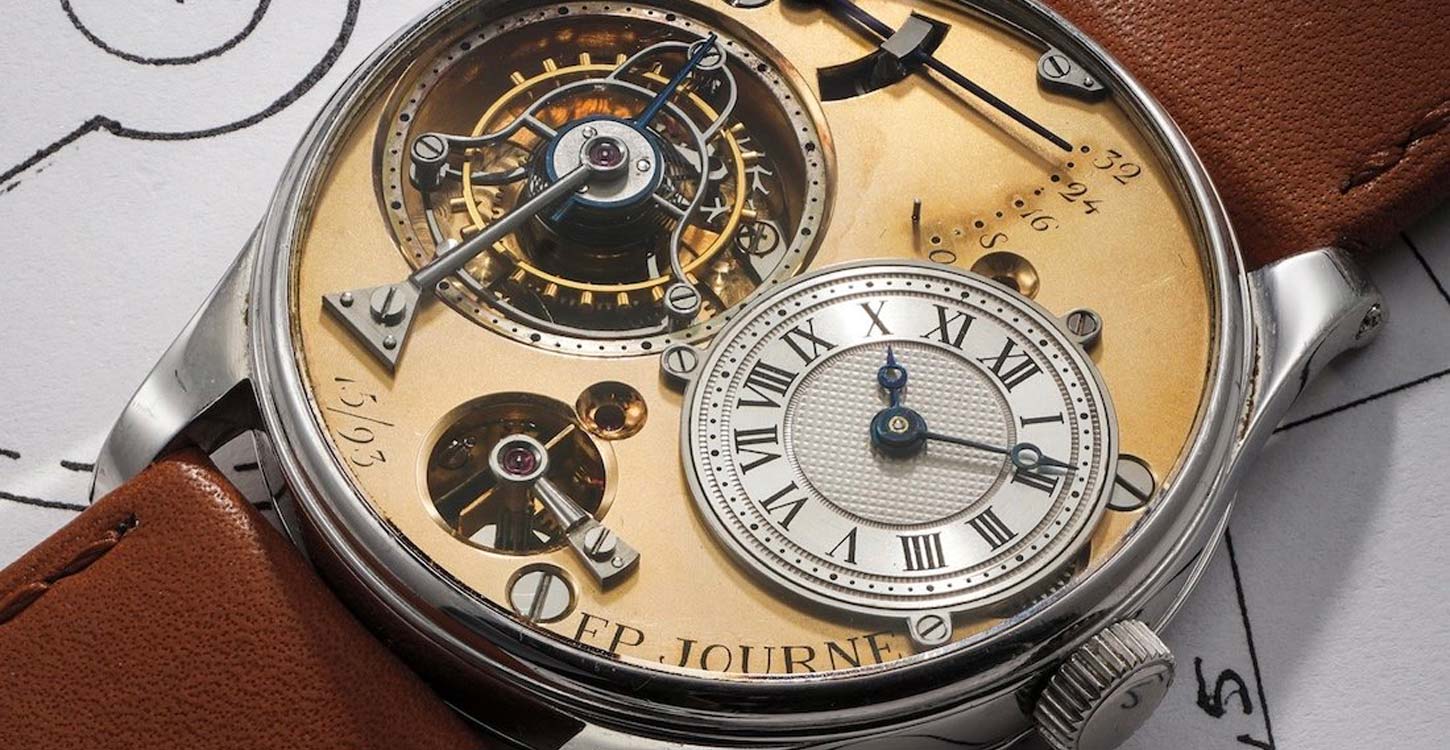Fine wine is a perennially popular asset class with High Net Worth Individuals all over the world, yet this is a particularly esoteric area of investing replete with both risks and opportunities. Here, we present the basic principles of wine investing and tips on how to make the most out of your collection.
A recent £20m wine investment scandal in Taiwan is the latest in a long list of such affairs which have seen investors scammed into buying bottles which were not as billed, whether that be because they were ‘vintages’ that were in fact not so rare, mixed grape bottles masquerading as prestige single varietals or just outright fakes. The appeal of wine investing is nonetheless enduring, however, this asset class giving great pleasure to collectors globally as well as the chance for skilled investors to achieve very attractive returns over the long term. According to the 2024 Knight Frank Luxury Index, fine wines have shown a 146% increase in prices over the past decade and 35% of wealth advisers say that wine is becoming even more popular as a passion investment among their clients.
In 2018, a Sotheby’s auction of bottles held by famed wine maker Robert Drouhin saw two bottles of Domaine de la Romanée-Conti 1945 fetch some £400,000 each, smashing the prior record of £200,000 for a 1869 vintage Château Lafite which had stood for almost a decade
As with other passion assets, the figures involved at the very upper end of the wine investing spectrum can be truly mind-boggling. In 2018, a Sotheby’s auction of bottles held by famed wine maker Robert Drouhin saw two bottles of Domaine de la Romanée-Conti 1945 fetch some £400,000 each, smashing the prior record of £200,000 for a 1869 vintage Château Lafite which had stood for almost a decade. But while values of hundreds of thousands of pounds are a regular fixture in the wine investing world, there are far more realistic entry points available to the more modest investor. A beginner could look to invest in a case of six bottles of an interesting wine for just £500, or in the mid-range a case worth around £30,000 could form a more serious portion of your asset allocation. Wine can complement a diversified investment portfolio very well, with the potential for returns uncorrelated with traditional asset classes.
The basic principles of wine investing
Regardless of your price point, the basic principles of wine investment are the same.
First is the rarity and age of the wine, with rare vintages often appreciating powerfully over time and wines with some historical importance often attracting huge auction interest. Bear in mind, however, that wines do have an optimum consumption point which will often be highlighted in the seller’s notes.
To go all in on a wine variety loved by one market would require confidence that their buyers are going to remain wealthy enough to buy
Related is the market demand for a particular wine. As with other collectibles, fashion and changing tastes are integral to returns, so there is a need to try to anticipate what popular regions and grape varieties will be at the time when you are likely to want to sell, rather than simply what is popular now.
Also linked to taste trends will be the economic and currency exchange conditions in the markets you might want to sell into. To go all in on a wine variety loved by one market would require confidence that their buyers are going to remain wealthy enough to buy.
How to get started in wine investing
The first step for someone wanting to get into wine investing is education. There are numerous online resources available to acquaint you with the regions, varieties, producers and vintages you should have a grounding in, although you could also engage a wine merchant or consultant if you are looking to invest serious amounts in your collection.
Second is to consider proper storage facilities that will keep your collection at the right temperature, humidity and light conditions. Security and appropriate insurance should also be top concerns, and it is likely that private client insurance will be your best option here as regular insurers are ill-suited to dealing with very valuable passion assets.
Linked to the insurance issue is the need to regularly get your wine collection valued by a professional to ensure that your coverage is at the right level (and to help you assess when it is the right time to sell or to diversify your collection further).
These costs and tasks are an unavoidable part of being a serious wine investor and need to be factored in from the start of your journey. For those slightly put off by these complications, investing through a wine investment fund might be a more appealing option. By pooling capital from multiple investors, such funds are also able to make larger and more prestigious investments, as well as funds being able to offer professional management and greater diversification for better risk management.
With professional expertise in place, buying en primeur might become appealing. This is where investors purchase wines before they are bottled, often at a discount.

Top Tip

Lee Goggin
Co-Founder
Key wine regions
In the wealth decumulation stage, it’s time to reap all the benefits from all the effort you put into creating and growing your wealth.
The focus at this stage is to ensure you’re still drawing on your income in the most efficient way, while still growing what remains invested in your portfolio.
Concurrently, individuals should consider any succession plans, which could encompass gifting, reviewing their inheritance tax structures, as well as thinking about their long-term care needs.
But the main focus here is to enjoy your life, making sure you’re happy with your decisions, financial or otherwise.
Concurrently, individuals should consider any succession plans, which could encompass gifting, reviewing their inheritance tax structures, as well as thinking about their long-term care needs
During the decumulation stage, we’re often asked by clients what succession looks like, as well as how long their income could last. 7IM’s Lifetime Wealth Model can provide a picture of the present and model the future based on different assumptions. By showing where each road leads to enables clients to choose the best road to take.
If you’re interested in talking about your financial freedom, get a little (financially) fitter, or simply review your investments, we’d love to talk to you too. Our advisers will take the time to listen to your financial ambitions and then show you the ways to get there, so you can be confident in your financial decisions.
Bordeaux, France
Bordeaux is home to iconic first growth wines such as Lafite Rothschild, Mouton Rothschild and Margaux, and is renowned for its Cabernet Sauvignon and Merlot blends generally.
Burgundy, France
Pinot Noir and Chardonnay are the stars of the Burgundy region, with grand crus from domaines like Romanée-Conti and Domaine de la Romanée-Conti among the world’s most expensive wines.
Champagne, France
As an enduring symbol of luxury and celebration, Champagne will always have glamour appeal. Particularly famous names include Dom Pérignon and Krug.
Italy
While France remains pre-eminent for fine wines, Italy is also a strong contender offering a huge array of wine styles. Key regions include Piedmont (Barolo and Barbaresco), Tuscany (Brunello di Montalcino and Chianti Classico) and Veneto (Amarone).
Emerging Wine Regions
Those will a long-term time horizon might also like to consider wine regions with less cachet currently, but which therefore might offer greater returns potential, such as Croatia, Georgia, South Africa, Chile and Australia.
Wider wealth management considerations
Like all passion assets, your wine collection must always be seen in the wider context of your wealth. Your wealth manager may not be a source of wine expertise in itself (although many larger providers are), they will be able to take account of all of your assets as part of a holistic approach.
With wine, liquidity – or rather a lack thereof – is a key consideration. You might find it challenging to sell a large collection quickly at an advantageous price. Risk factors are also abundant, ranging from economic downturns hurting luxury assets generally through to a critic giving a particular variety a bad rating or it simply falling out of fashion. Knowing how much of your wealth can sensibly be dedicated to alternative investments, and then collectibles within that, will be a key conversation to have with your wealth manager.
The tax implications of your wine collection will also be key. Any profits will be subject to Capital Gains Tax, although there are reliefs and exemptions which can be leveraged. Inheritance Tax will also apply to wine assets
The tax implications of your wine collection will also be key. Any profits will be subject to Capital Gains Tax, although there are reliefs and exemptions which can be leveraged. Inheritance Tax will also apply to wine assets, but again there are mitigation techniques to explore with an adviser such as gifting or creating a trust.
A highly pleasurable passion asset, but buyer beware
Wine investing is chief among tangible investments for good reason. Collectors can literally signal their taste through their wine investments and very attractive returns are achievable too. However, there are many nuances involved in making a success of wine investing and a range of risks besides.
While a standard local IFA might not have the knowledge of alternative assets required to advise you in this area, you will find that larger wealth managers are well used to dealing with all manner of tangible assets in their clients’ strategies. Very often they are able to offer advice on esoteric assets in-house too. If you would like to see just how wide-ranging and joined up wealth management advisory services can be, simply take our matching questionnaire to get started.
Important information
The investment strategy and financial planning explanations of this piece are for informational purposes only, may represent only one view, and are not intended in any way as financial or investment advice. Any comment on specific securities should not be interpreted as investment research or advice, solicitation or recommendations to buy or sell a particular security.
We always advise consultation with a professional before making any investment and financial planning decisions.
Always remember that investing involves risk and the value of investments may fall as well as rise. Past performance should not be seen as a guarantee of future returns.




